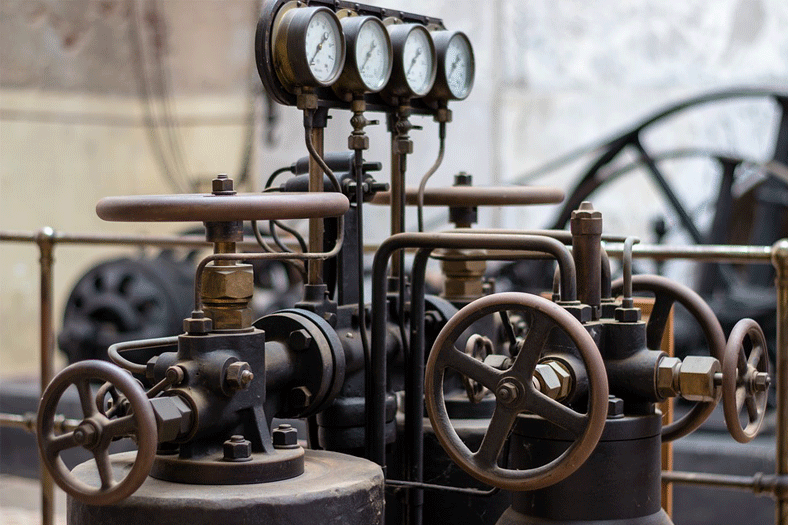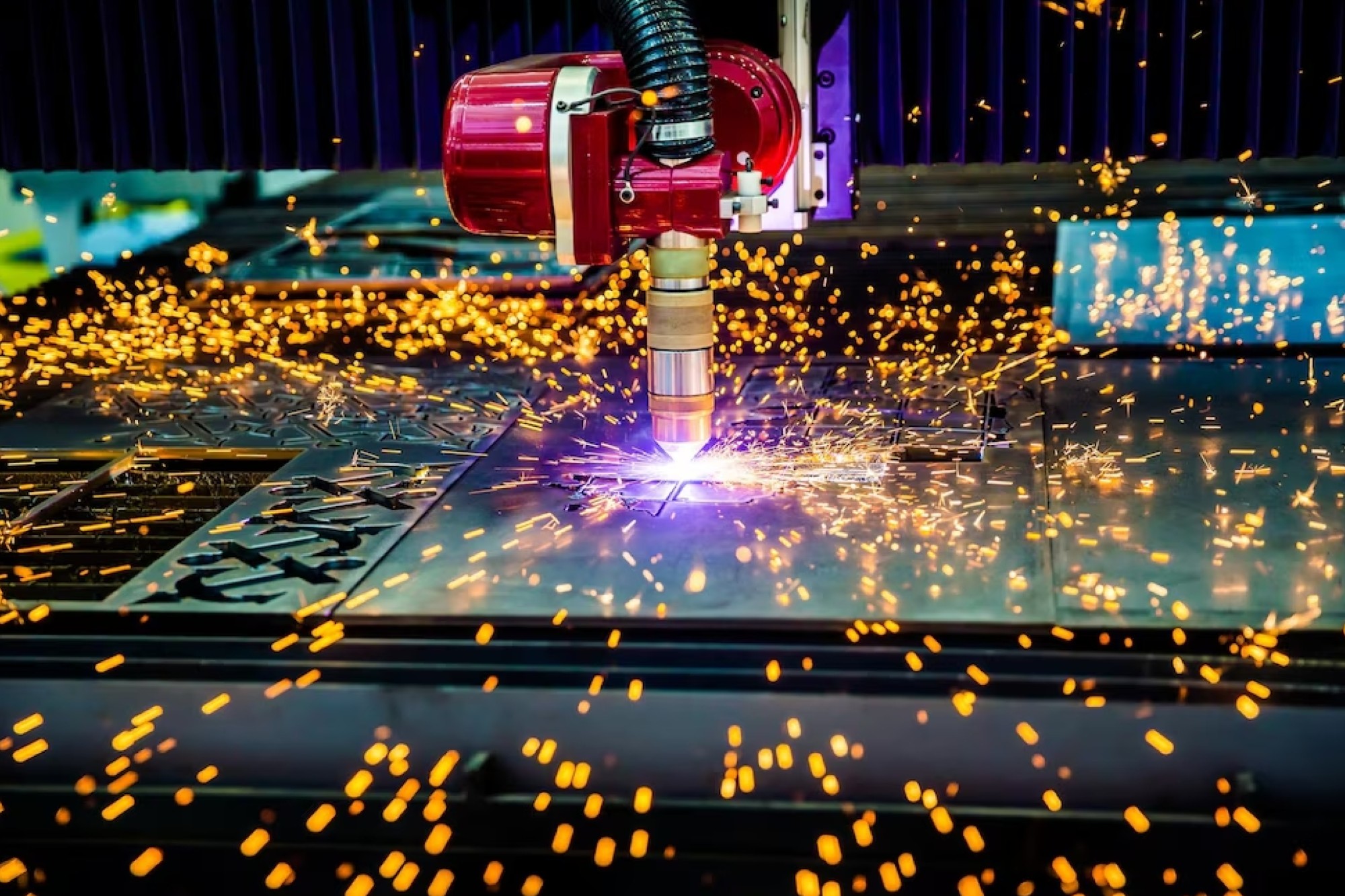Field day for India’s power plant OEMs
By OEM Update Editorial May 10, 2019 4:23 pm IST
What sets India apart from the rest is the fact that it is ever ready to move ahead of time. The fifth largest producer and consumer of electricity has now mandated local sourcing of gear for new power projects. Industry experts discusses this norm and also how the six nuclear projects agreement by India and US are going to span out for the Indian OEMs.
Power, one of the most critical components of infrastructure is essential for sustained growth of the Indian economy. India cannot overlook the pivotal role of the power sector in fuelling its overall development. The demand of power has increased rapidly and so has the power equipment manufacturing sector. The latest norms by the power ministry to mandate local sourcing of gear for new power projects says that upcoming coal-fired and hydropower stations will have to purchase equipment locally.
Local sourcing
In the recent past, the Indian government has specifically asked public companies and industries to set up solar projects. This is part of the National Solar Mission launched in 2010. Mridul Chadha, Senior Analyst & Market Advisor, Climate Connect Technologies says, “The National Solar Mission prescribed the minimum amount of local Indian materials that had to be used, and also took advantage of certain international mandates whereby domestic components could be prioritised, if being used to address aspects such as national security.”
A notable example of how this has played out in practice, is reflected in the price of Indian-made solar panels. These are higher than imports, notably from China. So duties have been deployed as a stop-gap measure. But, these can only remain in effect for 12-18 months. Chadha says, “Costs for public sector utilities have remained high, despite such policies and mandates. So, it seems they have not effectively been able to support domestic manufacturers, who continue to report losses in recent times.”
Boben Anto Chemmannoor, Director, ExactSpace Technologies Pvt. Ltd. has rather a positive approach saying that companies were already procuring equipment locally. He says, “Special gears, such as spur gears and worm gears, for power plants are readily available in today’s time in India; their casting, too.” There are quite a number a companies in Tamil Nadu, Hyderabad, etc. manufacturing gears and other equipment for power plants. Currently, the requirement of gearbox in milling system is done through planetary gearbox, manufactured in India. The monitoring systems for power plants are now easily built and customised by the Indian IoT companies. Going for IP 56 and 66 protection standard allows protection against ingress of water in power plants.
Getting to manufacture every part or gear for power plants is still a matter of concern. Chemmannoor says, “Equipment such as blenders for spur gears and worm gears are still imported. Lubricants for power plants are another aspect that needs to be looked upon as 70 per cent of them are still imported.”
Tackling the issue of raw material availability
The main challenge for domestic manufacturers is strong competition from international suppliers. Again, a stop-gap measure to tackle that is the implementation of restrictive import duties. However, such an approach can still only work in the short-term. It will have negative knock-on effects over the medium-term and beyond. Chadha says, “More effective long-term measures should be to encourage foreign investment from those suppliers into the local market. Proven initiatives include tax holidays, easy land acquisition processes, swift and short approval windows, and giving priority status for easier approvals and funding.”
One example specific to the renewable energy sector is wide expansion of the green bonds market to ensure alternate and cheaper sources of funding. Such steps will also offer additional benefits by helping to reduce the cost of domestic equipment, increasing competition, reducing trade deficits, and increasing employment as additional benefits.
Chemmannoor says, “When we talk about raw material, materials like special tubes, which can withstand high temperature were not manufactured in India, and thus had to be imported. But, these things are now easily available in India.”
All units above 600 MW is allowed only as supercritical. SPL tubes and blades that acts as the metallurgical requirement to meet high temperature are still imported. But, as per the new policy, the technology for processing the imported raw materials is readily available in India with companies like Mitsubishi Heavy Industries, L&T, Toshiba, BHEL, etc. This reduces the process work cost and make it competitive. As we go for more flexible operation owing to the renewable impact, the cost of energy goes a little more than the fixed cost.Earlier, quality aspect wasn’t given much attention to. The only concept governing the market was low price. Now, the product-driven companies such as L&T has set up quality base to monitor the quality throughout.
Determining the optimisation capacity
There are lot of tools that are developed by the start-ups. Chemmannoor says, “ExactSpace developed an analytics tool in which the total real-time power data are taken and with the help of AI, it can enable both management and operations teams make data-driven decisions.” The knowledge of each power system is updated; thus, enhancing online and offline monitoring and conditioning.
The future of power plant OEMs
Except for the reactor, all other auxiliaries for a thermal plant or nuclear plant can be found in India. Reactor is the main technology and that is being imported from US. Others such as circulating pumps, cooling towers, process equipment, water treatment equipment are already in India. Also, there also has been depositions to manufacturer of high capacity generators. Chemmannoor says, “I don’t think there would be any issues in procuring the auxiliaries for power plants and in turn giving good amount of opportunity for Indian OEMs, provided every manufacturer meet the required quality standard.”
Quality standards and coming out with clear engineering department can only solve any current issues faced by the OEMs. Estimation on life time cost can ensure quality. In case you ask for a life time MTC cost, analytics using AI with reliable smart transmitters ensure reliability and minimum life time cost comparison, says Chemmannoor.
Local manufacturers supplying parts for nuclear reactors should see an uptick in orders and so revenues. Chadha says, “This India and US agreement to build six nuclear projects should bring more assurance for the OEMs; after a period of uncertainty in national policy. Unusually, due to the highly specialised nature of nuclear technology, this should benefit smaller players making niche parts, more than larger players with more generalist offerings.”
The current government has set nuclear as a priority for the national energy mix, and cleared up the rules regarding liability and insurance for suppliers and builders in the event of an accident. This clarity is already enabling local manufacturers to expand manufacturing capacity in preparation for new business and tenders.
“The National Solar Mission prescribed the minimum amount of local Indian materials that had to be used and prioritised domestic components.”
Mridul Chadha, Senior Analyst & Market Advisor, Climate Connect Technologies
“There won’t be any issues is procuring auxiliaries for power plants and in turn giving good amount of opportunity for Indian OEMs, provided they meet the required quality standard.”
Boben Anto Chemmannoor, Director, ExactSpace Technologies Pvt. Ltd.
Cookie Consent
We use cookies to personalize your experience. By continuing to visit this website you agree to our Terms & Conditions, Privacy Policy and Cookie Policy.
















